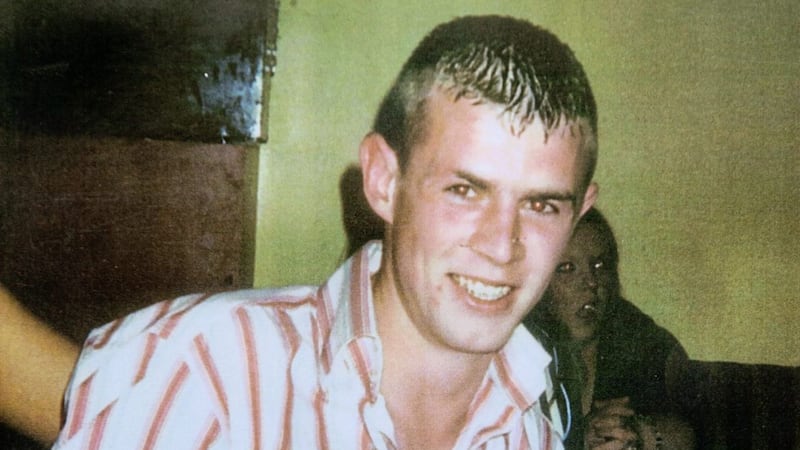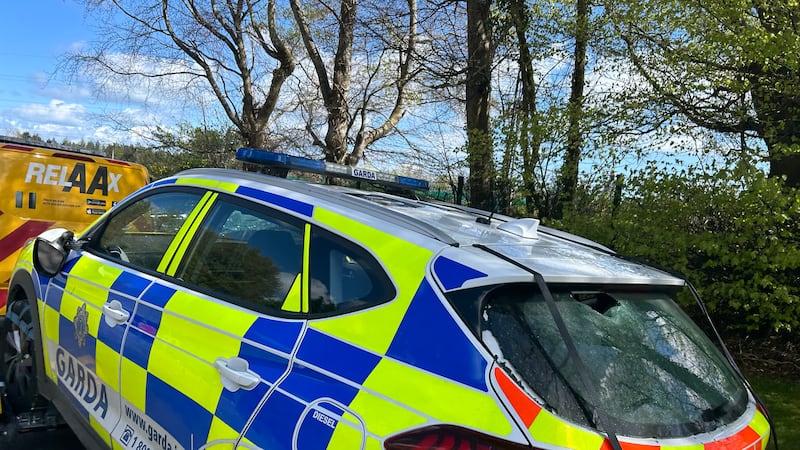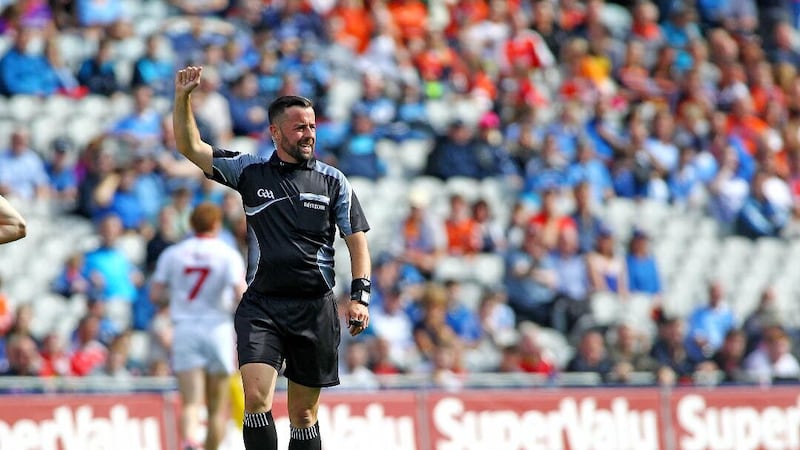IT'S ironic that a murder which failed to bring down the fragile, fledgling DUP/Sinn Féin-led executive in 2007 is 13 years later destabilising the institutions just weeks after they were restored following a hiatus of three years.
There's little possibility that the Paul Quinn controversy will bring down the rebooted Stormont executive but it has led to calls for the resignation of one of its most experienced and capable ministers, while potentially damaging Sinn Féin in the mouth of an election in the south that promises to give the party unprecedented access to power.
There are two intertwining stories playing out here. The first is the heart-rending experience of Breege and Stephen Quinn, whose 21-year-old son was brutally beaten to death in Co Monaghan by a gang that included a number of IRA members.
His killing wasn't sanctioned by the republican movement's leadership, yet like the murder of Robert McCartney in Belfast almost three years earlier, a culture of omertà prevailed amid which the then regional development minister Conor Murphy made an unsubstantiated claim that the dead man had been a "criminal".
As the Newry and Armagh MLA himself has acknowledged, his remarks rubbed salt in the wounds of a grieving family, who continue to be denied justice.
Meanwhile, the murder is at the centre of a cross-border political drama that appears to have been triggered primarily by combination of complacency and a lack of communication at the top of Sinn Féin.
Conor Murphy's remarks about Paul Quinn have been in the public domain since first being broadcast weeks after his murder. His parents have consistently called for them to be withdrawn. Yet when Mary Lou McDonald was challenged about them on Monday, she said she did not believe that it had been said Mr Quinn was a criminal.
RTÉ unearthed the original BBC Spotlight clip before Ms McDonald was quizzed on the issue during Tuesday's leaders' debate. This time she said that Mr Murphy's words were wrong and that he would apologise to Paul Quinn's mother.
That apology was duly forthcoming but it fell short, with the finance minister failing to adhere to the Quinns' wish that he state in a unequivocal manner, similar to his party leader and deputy leader, that the murdered man was not a criminal.
So far, Mr Murphy is declining to go any further than he did on Wednesday, which would suggest he is at variance with the party leadership.
Conor Murphy is highly unlikely to resign unilaterally and won't be ousted in the same manner Barry McElduff was forced out after the Kingsmill video controversy, even if that's what the leadership wanted.
To sack him would alienate many republicans in Newry and Armagh. He is also his party's most accomplished Stormont minister, who has already spent a prolonged period in 'Shinner Siberia' in the aftermath of the 2011 NI Water employment tribunal, where his evidence had been labelled "implausible" and lacking in credibility.
Sinn Féin is probably hoping it can ride out this particular storm and get past tomorrow's election, though the issue is likely to be raised again if and when the party is considered as a coalition partner.
The row is also causing difficulties for the DUP, whose leader Arlene Foster, in common with her other executive colleagues, has not called for the finance minister to resign.
East Antrim MP Sammy Wilson, who has been agitating in recent weeks by criticising the Stormont parties for complaining about the New Decade, New Approach financial package, yesterday took to Twitter saying Sinn Féin would "always side with the terrorist and not the victim".
"If they have any decency, Conor Murphy should be required to resign or be sacked," his post said, while North Antrim DUP MLA Paul Frew tweeted more obliquely: "If the Quinn family say Conor Murphy should resign, he shouldn’t have time to get his coat."
The DUP leadership knows that beyond Mr Murphy so far declining to say Mr Quinn was not a criminal there is nothing substantively new in this controversy, which only in recent days has been seized upon by the Republic's media and its two establishment parties.
Seeking Mr Murphy's scalp would only undermine the restored institutions and would likely lead to similar calls for Mrs Foster's head when the RHI inquiry's report is published next month.
Ultimately, what the episode demonstrates is that Sinn Féin still needs to make a step change in terms of further distancing itself from its past paramilitary associations.
North of the border the party has served what the constitutional parties regard as its post-conflict decontamination period but south of the border the Sinn Féin brand is still regarded in many quarters as toxic.








